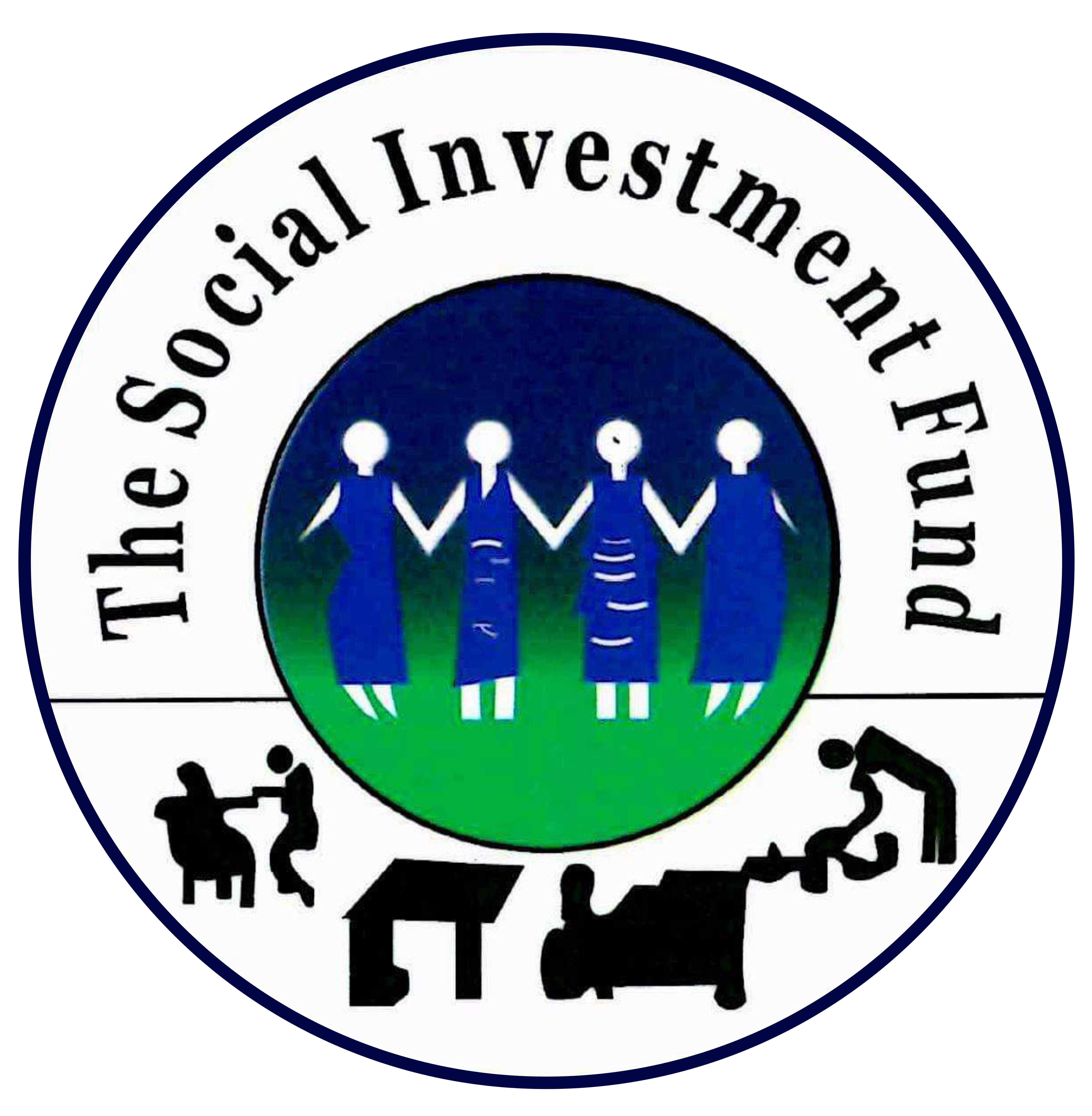Funding Agency: African Development Bank (AfDB)
Project Amount: US$28.5 Million Grant
Period: 2022-2027
Components: 3 components
1. Skills development in higher education for strengthening the health sector
2. Rebuilding youth and women’s livelihoods through entrepreneurship and employment creation
3. Project management
KEY ACHIEVEMENTS OF PSDPEP TO DATE
• 16 out of the project target of 20 MPhil and PhD students have been awarded scholarship to conduct discovery research in Microbiology by the Department of Medical Microbiology of University of Ghana Medical School.
• 3 female Biomedical Experts have been selected for local and international training.
• Ghana Tertiary Education Commission (GTEC) has granted an accreditation to the Biotechnology Centre of University of Ghana to run MPhil and PhD programs in Biotechnology.
• 14 students (7 PhDs and 7 MPhils) from Public Universities in Ghana have been selected for scholarship to study programs in Biotechnology.
• A Technical Consultant (Promacon Consult Ltd) has been engaged to design, review and supervise construction of Biotechnology Centre, Microbiology Centre and extension of Nursing School of the School of Nursing and Midwifery.
• 123 staff of the GNA (79 males, and 44 females) have been trained in MSMEs’ access to credit and health related reporting.
• A Technical Consultant (Knak Design Partnership) has been engaged to undertake consultancy services for design and supervision of construction of 4 training centres under the SIF.
• US$983,747 has been disbursed to 1,521 youth and women SMEs owners (553 males and 968 females).

Projects
Social Networks
FACEBOOK
TWITTER
INSTAGRAM
YOUTUBE
LINKEDIN